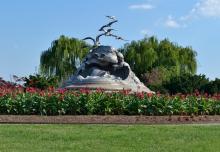 |
Navy – Merchant Marine Memorial
Washington, District Of Columbia |
Located in Lady Bird Johnson Park on Columbia Island, the Navy-Merchant Marine Memorial |
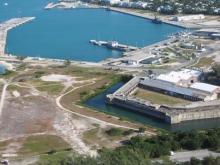 |
Fort Zachary Taylor Historic State Park
Key West, Florida |
Named after 12th president Zachary Taylor, the U. S. |
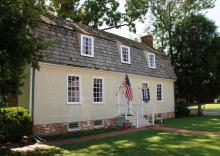 |
Wright’s Chance/Queen Anne’s County Historical Society
Centreville, Maryland |
Dating back to the 1700s, Wright's Chance is a Colonial period plantation house. |
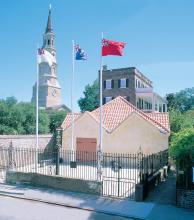 |
The Powder Magazine
Charleston, South Carolina |
Construction began on The Powder Magazine in 1712 and was completed by 1713, making it |
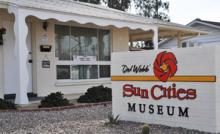 |
Del Webb Sun Cities Museum
Sun City, Arizona |
The Sun Cities Area Historical Society/Del Webb Sun Cities Museum is dedicated to the p |
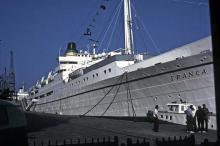 |
Steamship Historical Society of America
East Providence, Rhode Island |
THE STEAMSHIP HISTORICAL SOCIETY OF AMERICA was established in 1935 as a means of bring |
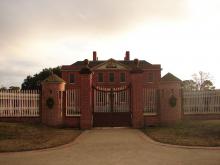 |
Tryon Palace
New Bern, North Carolina |
Tryon Palace is a modern recreation of the original palace, which served as the royal g |
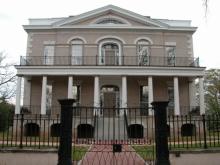 |
Hampton-Preston Mansion & Gardens
Columbia, South Carolina |
One of Columbia's oldest remaining historic houses, the Hampton-Preston Mansion was hom |
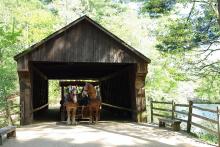 |
Old Sturbridge Village
Sturbridge, Massachusetts |
Old Sturbridge Village is the largest living history museum in New England, spanning o |
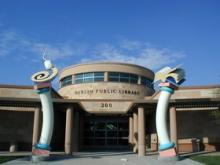 |
Dublin Heritage Center
Dublin, California |
By viewing the Old St. |
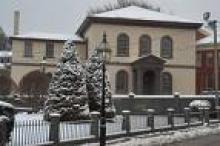 |
Touro Synagogue National Historic Site
Newport, Rhode Island |
The Touro Synagogue was dedicated in |
 |
Dominican Sisters Of St. Cecilia
Nashville, Tennessee |
In her history of St. |
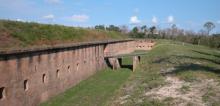 |
Fort Barrancas
Pensacola, Florida |
The Fort Barrancas Area is on Taylor Road approximately a half mile east from the Museu |
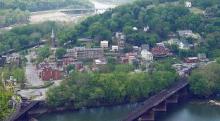 |
Harpers Ferry National Historic Park
Harpers Ferry, West Virginia |
Stroll the site of John Brown's historic 1859 abolitionist raid, complete with museums |
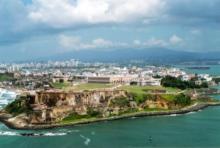 |
El Morro (fort San Felipe Del Morro)
San Juan, Puerto Rico |
Officially known as Fuerte San Felipe del Morro, this fort sits atop a high promontory |
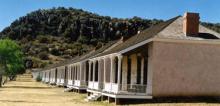 |
Fort Davis
Fort Davis, Texas |
From 1854 until 1891, troops stationed at the post protected emigrants, freighters, mai |
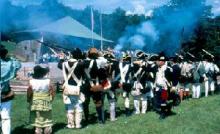 |
Mount Independence
Orwell, Vermont |
During that historic summer, 12,000 soldiers built a massive fort |
 |
Stones River National Battlefield
Murfreesboro, Tennessee |
The landscapes of Stones River National Battlefield have shaped and been shaped by the |
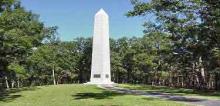 |
Kings Mountain National Military Park
Blacksburg, South Carolina |
By exploring the Visitor Center, which includes a 26 minute film, exhibit area and 1.5 |
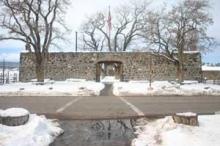 |
Cove Fort
Between Fillmore and Beaver, Utah |
The construction of the fort was over-seen by Ira Hinckley. |
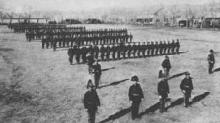 |
Fort Stanton
Roswell, New Mexico |
Fort Stanton was established on May 4, 1855 to protect Hispanic settlements along the R |
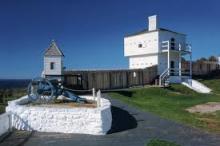 |
Fort Mackinac
Mackinac Island, Michigan |
Fort Mackinac was a major military outpost during the Revolutionary War and War of 1812 |
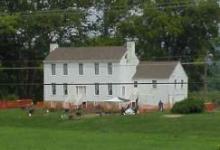 |
Jenkins Plantation Museum
Lesage, West Virginia |
Jenkins Plantation has survived wars, floods, wind and weather. |
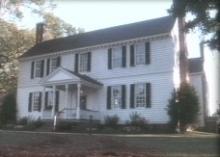 |
Tuckahoe Plantation
Richmond, Virginia |
A home to the Randolph family and working farm for nearly 300 years, this plantation wa |
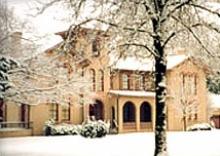 |
Governor Ross Mansion And Plantation
Seaford, Delaware |
This home belonged to William Henry Harrison Ross, who was the Governor of Delaware fro |
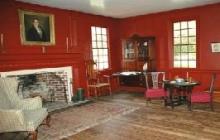 |
House In The Horseshoe
Sanford, North Carolina |
During the American Revolution, groups of citizen-soldiers called Whigs or revolutionis |
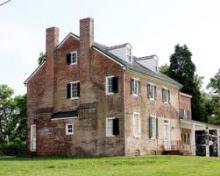 |
Mount Calvert Historical And Archaeological Park
Upper Marlboro, Maryland |
Mount Calvert's rich archaeological and historical resources represent over 8,000 years |
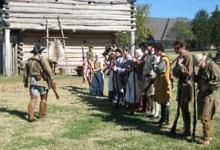 |
Mansker's Fort
Goodlettsville, Tennessee |
Mansker's Fort is an authentic reconstruction of a 1779 frontier forted station typical |
 |
West Tennessee Agricultural Museum
Milan, Tennessee |
Steeped in the rich history of its region, the West Tennessee Agricultural Museum prese |
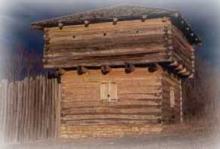 |
Apple River Fort
Elizabeth, Illinois |
The war, which lasted only 16 weeks, ended the threat of Indian attacks in the area and |































